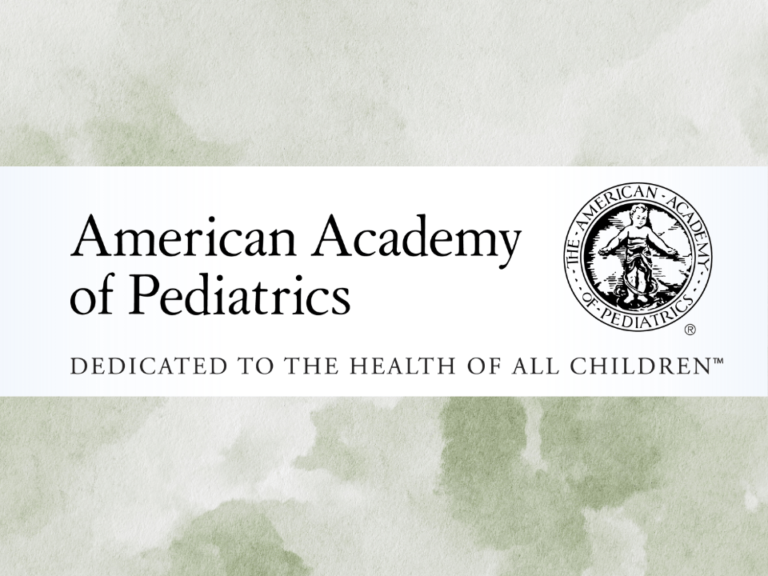The DeGregorio Family Foundation with the support of the Price Family Foundation and the Esophageal Cancer Awareness Association has awarded $87,500 to Dawit Kidane-Mulat, associate professor at Howard University College of Medicine, to complete his grant focused on improving the effectiveness of immunotherapy in gastric cancers.
The overarching goal of this study is to harness XRCC1-deficient gastroesophageal cancer cells that will likely enhance the efficacy of immunotherapy response. Kidane-Mulat is examining how defective XRCC1 and DNA damage response targeting contributes to aberrant innate immune cells’ inflammatory response.
This work lays the foundation for additional in-depth preclinical studies, and for the development of novel therapeutic strategies for stomach cancer.
“As a result of this award, I am generating a long line of research into understanding the basis of DNA repair/response and immunotherapy treatment in stomach cancer,” Kidane-Mulat said in a statement. “This grant award is opening a new opportunity to propel the field forward and build a solid foundation for future immunotherapy therapeutic strategies in gastric cancer.”
The DeGregorio Family Foundation has raised more than $8 million to fund innovative research focused on curing gastric and esophageal cancers.










